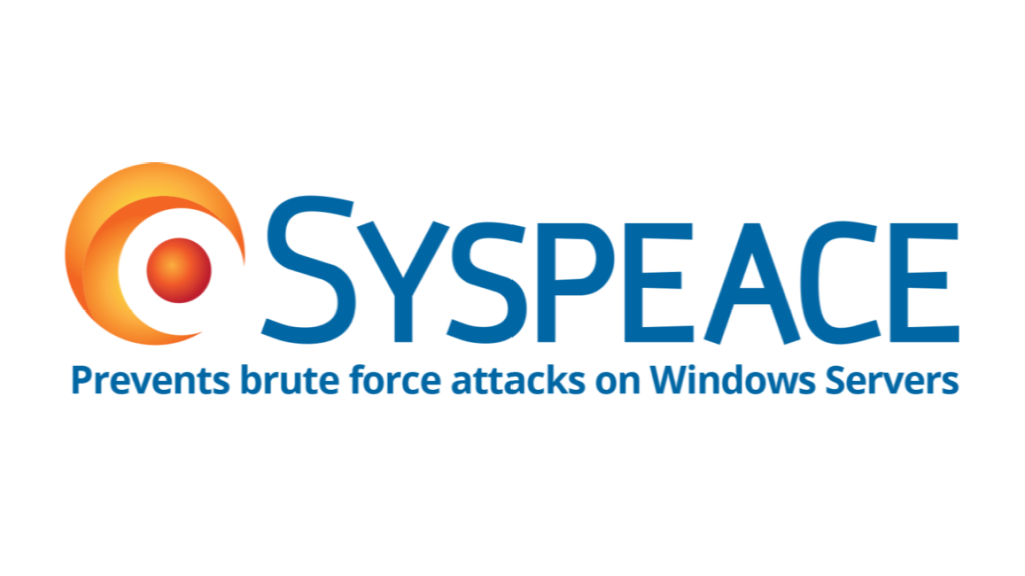Norway Records No Change in Automated Hacking Attempts
In the course of the two weeks prior, Norway has recorded how the number of brute-force attacks has remained the same. Evidence from Syspeace shows the amount of brute-force attacks per server has showed no change. However, there was a slight decrease of 11 percent overall in the whole world.
Syspeace registered 270 brute-force attacks per Windows servers in Norway through the two weeks prior. That’s on the same level as the previous 14 days. That means 3,000 total the amount of automated hacking attempts in the Norway in the course of the two weeks prior were blocked by Syspeace.
Turkey and Romania have recorded no significant changes in brute-force attacks throughout the 14 days prior. There have been 2,300 of brute-force attacks per Windows server secured by Syspeace in Turkey during the 14 days prior. In Romania the amount is 680.
Up until now, this year there have been 1,700 brute-force attacks per Syspeace-secured Windows Server in the world. The brute-force attacks have risen by 5.5 percent on a year-to-year comparison. That is to say, the number of brute-force attacks blocked by Syspeace in the world was 1,600,000.
The data source is Syspeace, a company that helps fight brute-force attacks. Syspeace saves companies time, effort, and money by blocking attacks that otherwise take many hours of repetitive, manual labor to detect and prevent. Syspeace scans all the global Windows servers secured by Syspeace conscientiously. The company is a global pioneer on the topic since 2012, having collected and analyzed evidence on automated hacking attempts.
During the brute-force attack, an attacker submits many different passwords and passphrases in the system, hoping to eventually get them right. The attacker systematically checks all possible passwords and passphrases to find the correct one.
To avoid trouble and block brute-force attacks, Syspeace offers software that shields businesses from IT theft, combined with excellent customer support.
